- ULA seeks to strengthen public healthcare services in Arakan State
- Junta expands naval presence along Arakan coast to regain lost territory
- Nearly 70 civilians and POW family members killed or injured by junta attacks in Arakan State in one month
- Junta accused of extorting money from detained Muslims in Sittwe
- Weekly Highlights from Arakan State (Jan 26 to Feb 1, 2026)
Latest hostilities force widespread halt to businesses’ operations in Arakan State
The vast majority of businesses across all sectors, including agriculture, livestock, fishing, garment, small and medium factories, and small businesses, have stopped operations since renewed fighting in Arakan State began on November 13.
17 Dec 2023
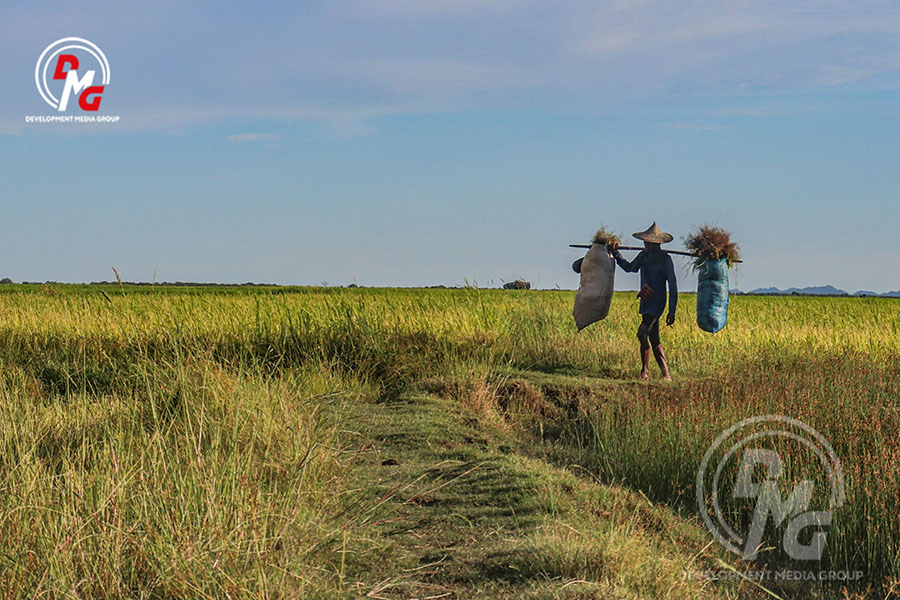
DMG Newsroom
17 December 2023, Sittwe
The vast majority of businesses across all sectors, including agriculture, livestock, fishing, garment, small and medium factories, and small businesses, have stopped operations since renewed fighting in Arakan State began on November 13.
Businesses have suspended operations as the regime has blocked land and water transport between Arakan and mainland Myanmar. The regime has also blockaded inter-township roads, which is a worrying situation for the local economy, businessmen said.
“All retail and wholesale businesses stopped operations. Only a few businesses in Arakan State selling agricultural produce and kitchenware can operate. It can be said that only 10 percent of businesses operate in Arakan State,” said a businessperson in Sittwe.
In some townships where the fighting is intense, they are unable to harvest paddy. Due to the travel restrictions, the fishing and livestock industries have also come to a standstill.
“Poultry farmers who rely on food imported from mainland Myanmar are no longer able to feed their chickens and pigs. Fish and shrimp farmers can no longer import into the buying depots. Farmers don’t even have fertiliser to plant winter crops,” said a resident in Kyaukphyu.
There are more than 84,000 acres of aquaculture such as fish and shrimp, and about 1. 2 million acres of land for crops such as rice and beans in Arakan State. Local people also work in poultry and pig farming as their main or secondary businesses.
Aquatic products such as fish, shrimp, and crab produced in Arakan State are mainly exported to other Asian countries, and some crops such as rice and beans are also exported to Bangladesh through border trade camps.
“I don’t see a situation where the armed groups will stop fighting until their political goals are met. The military is also concerned about their ability to survive. In the meantime, businessmen may face major crises,” said a local businessman in Mrauk-U.
According to the Arakan State Directorate of Investment and Company Administration, 28 foreign investment projects worth over US$9.278 million and 31 citizen-owned investment projects worth nearly K257 billion have been approved in Arakan State.
Foreign investments are mostly in the oil and natural gas industry, while national entrepreneurs are in hotels and tourism, transportation and industrial products. At present, the operations of virtually all citizen-owned businesses have been suspended, and only some foreign investment businesses can operate.




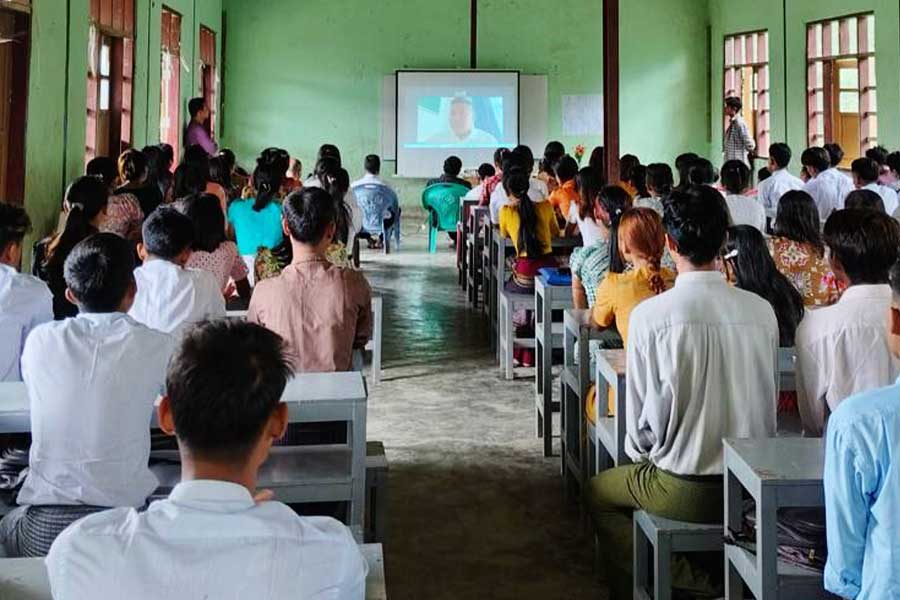
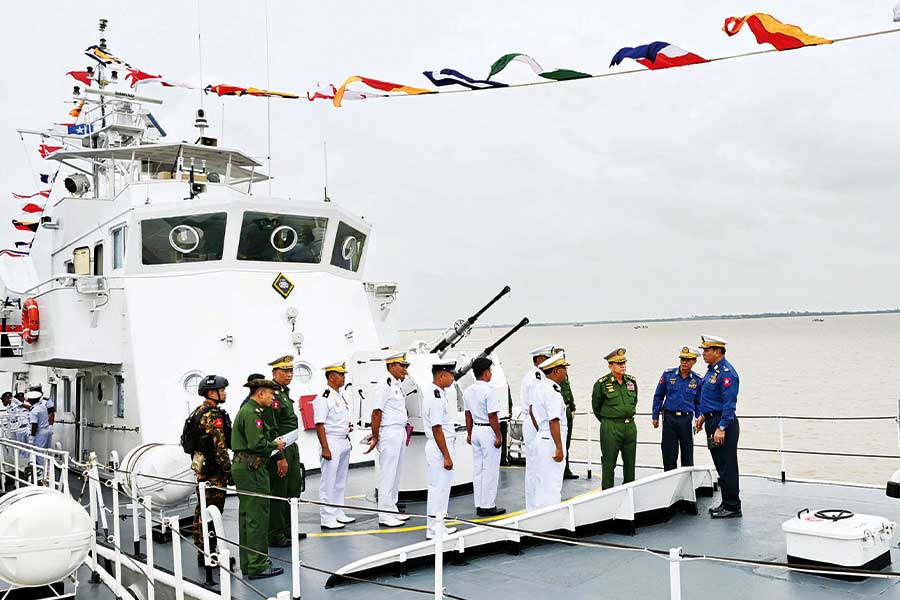

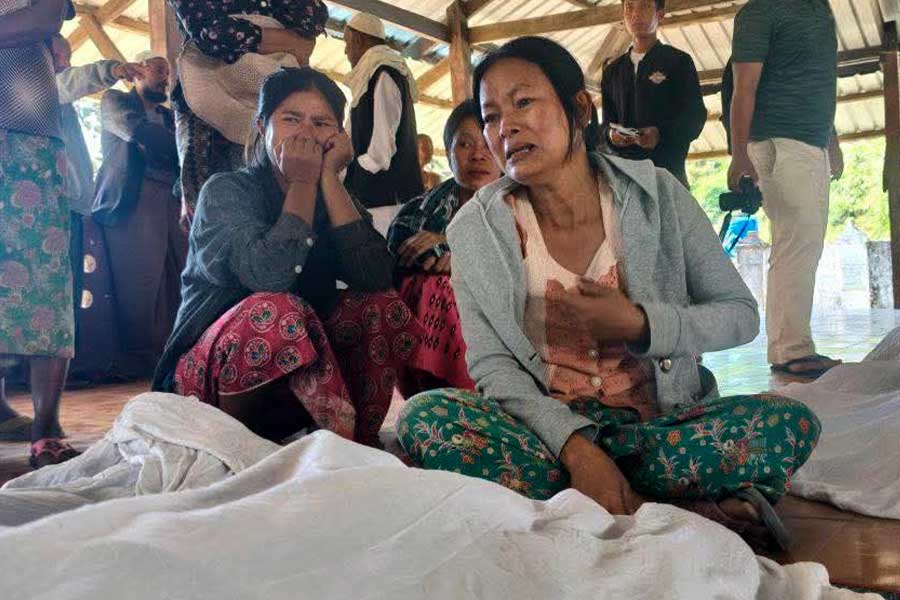
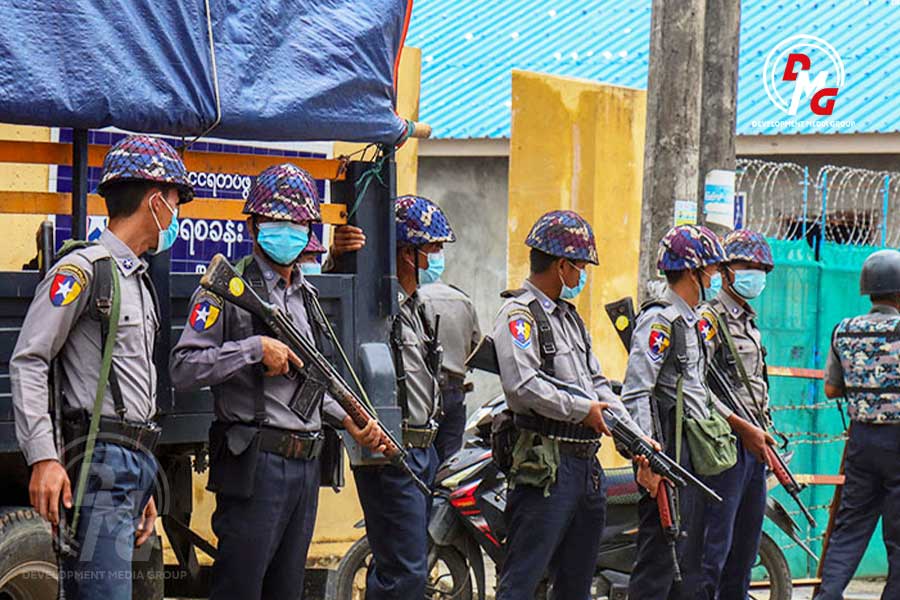






.jpg)

